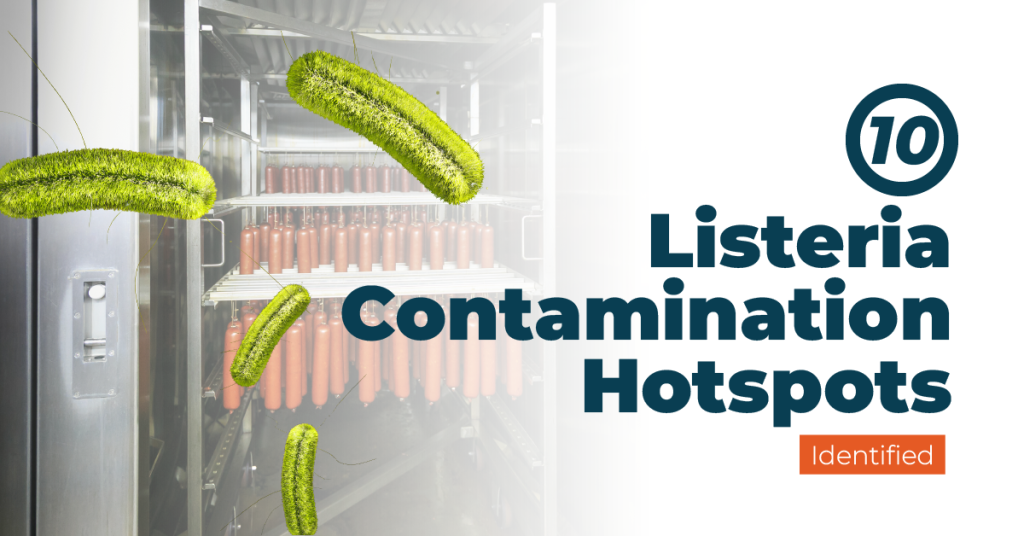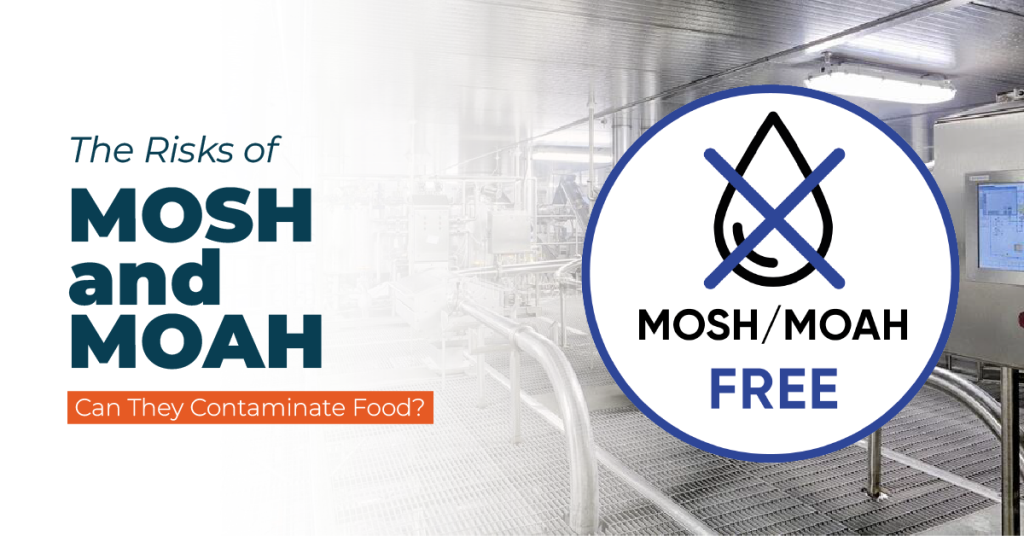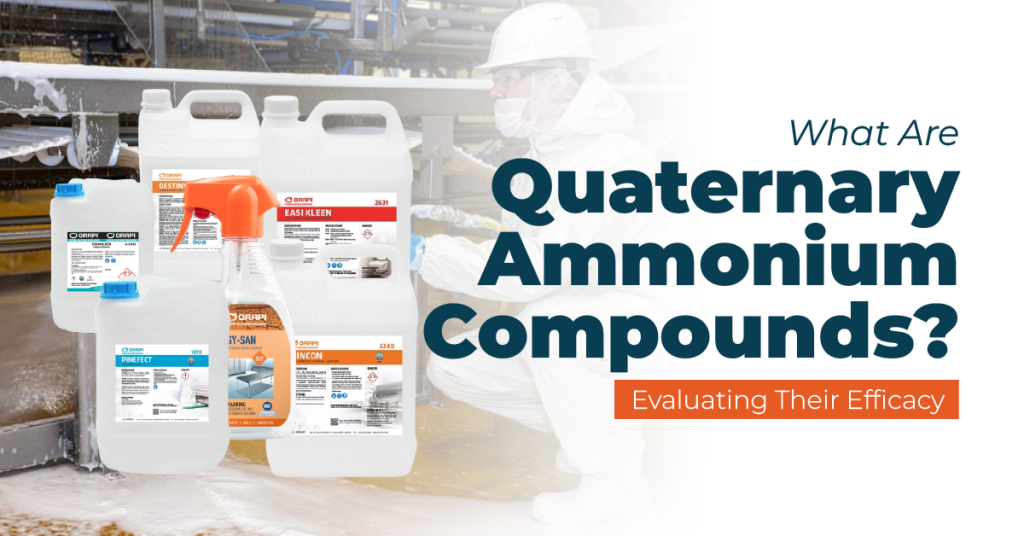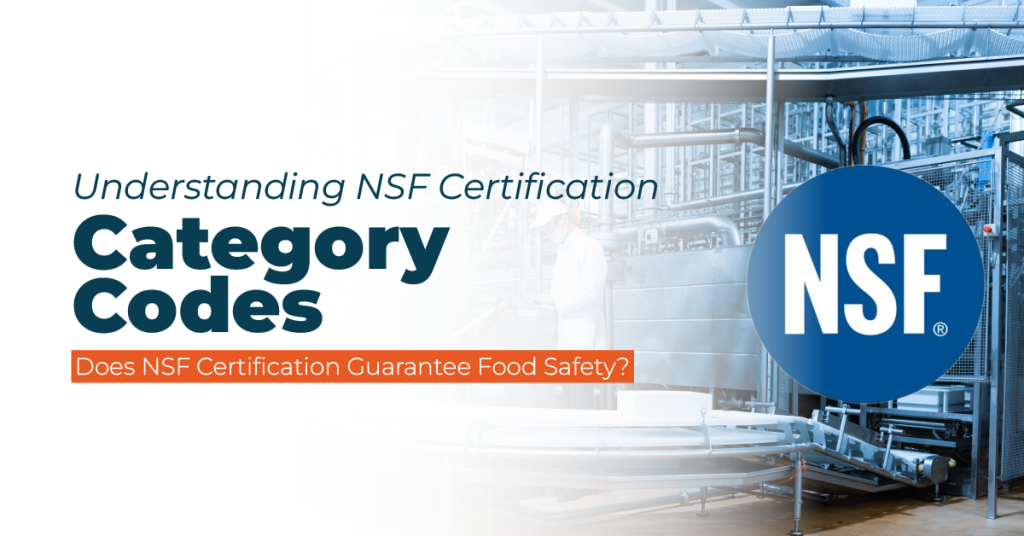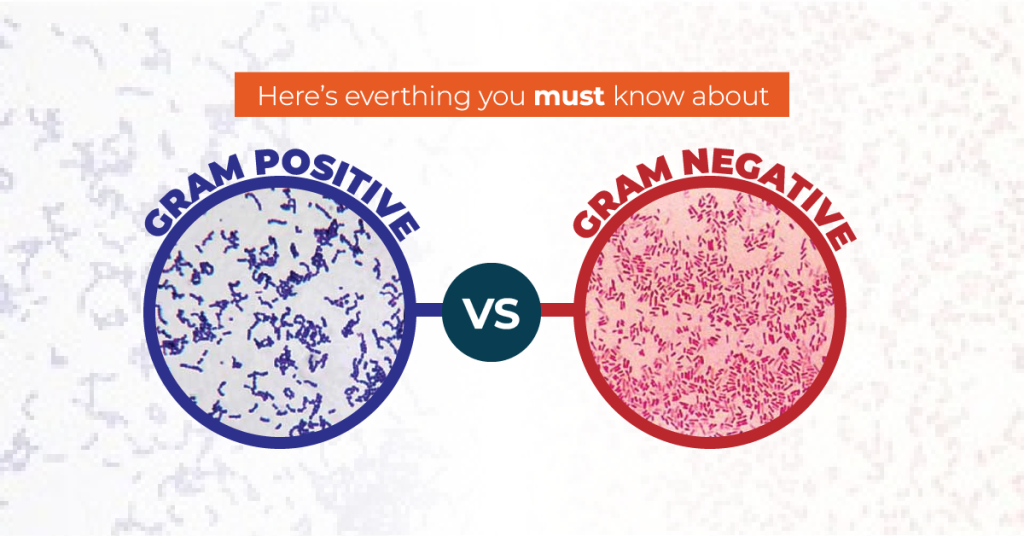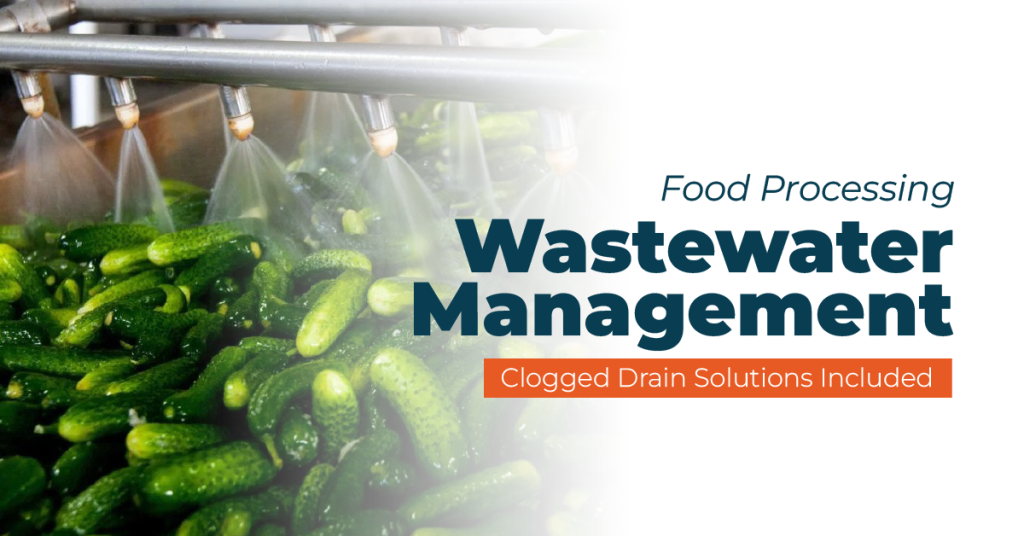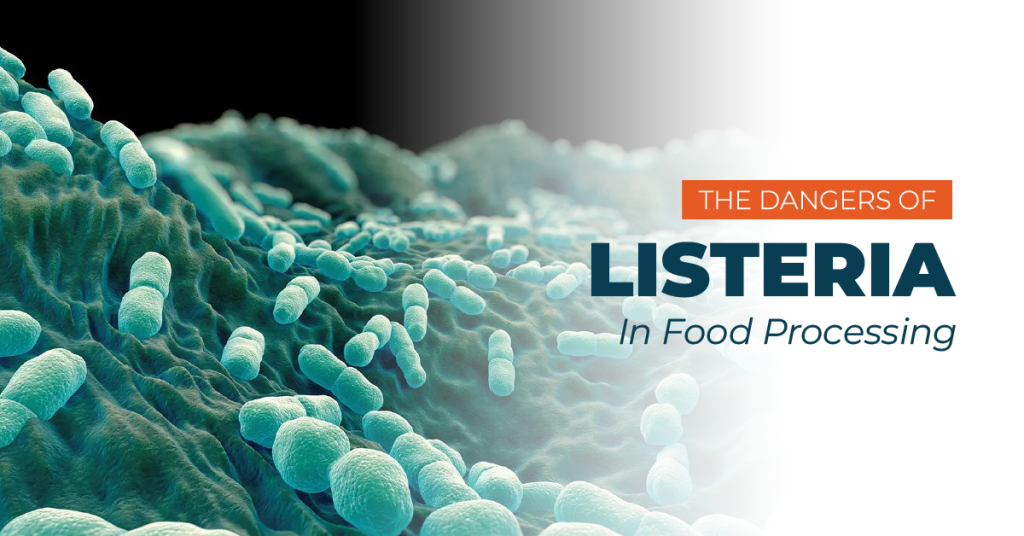
What Is Hardness of Water and How to Deal With It
Water is a fundamental element of life, indispensable for human consumption, sanitation, and industrial processes. Yet, not all water is created equal. As it journeys through the Earth’s crust, minerals and ions, alter its composition, which impacts its quality and usability. One such transformation is the phenomenon known as “water hardness.” In water chemistry, hardness refers to the concentration of certain minerals, predominantly calcium and magnesium ions, dissolved within the water. While these minerals are essential for human health

